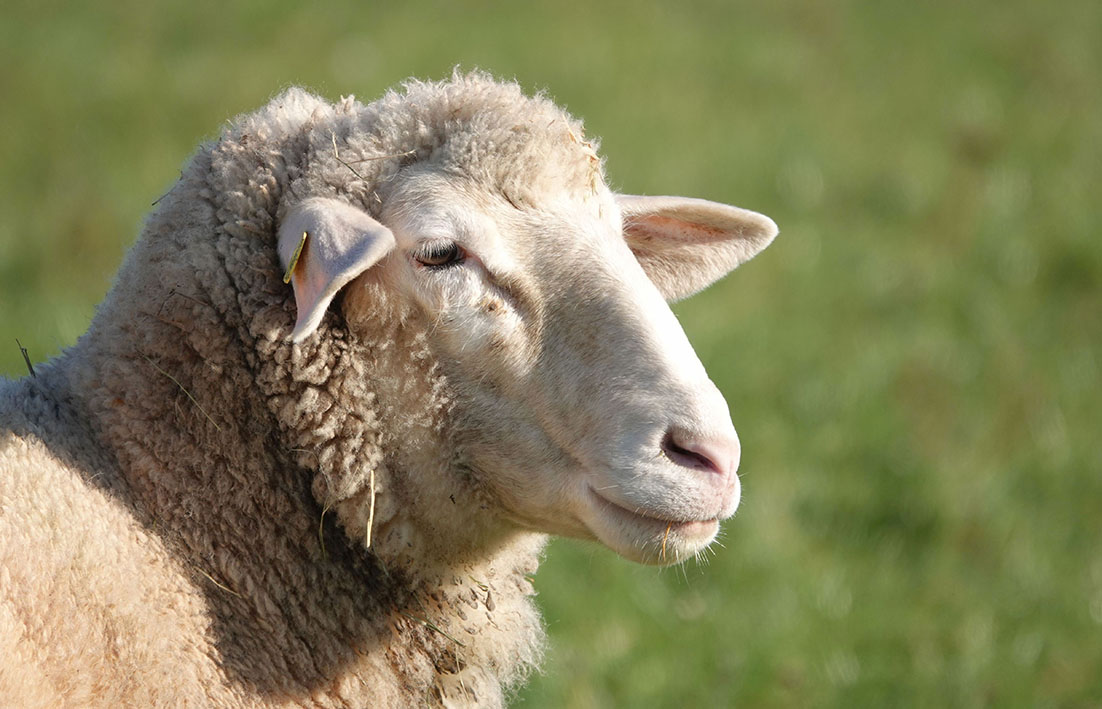
THE federal government’s call for someone to fill the transition advocate role to phase out the export of live sheep by sea was a poisoned chalice and would result in no good outcomes for exporters, farmers or the wider supply chain, according to the Australian Livestock Exporters’ Council (ALEC).
Chief executive officer Mark Harvey-Sutton said the government had been seeking to fill the role for some time, given it was part of the legislation that was passed earlier this year, but had been unsuccessful, given the difficulties inherent in the role: selling poor policy to farmers and advising government of the devastating outcomes of its policies.
“Quite simply, no one wants to be a mouthpiece for the government’s sheep ban policy.”
“After the independent panel appointed by the minister recommended a transition of at least ten years and was subsequently altered to four, people in the industry are very wary that the advice they give the minister may be disregarded in favour of political expediency.”
Speaking from a tour of importing countries in the Middle East, Mr Harvey-Sutton said it was clear that these markets wish to continue their trading relationships with Australia and that our diplomatic relations will depend on the food security they derive.
Additionally, last week saw crisis talks for the wool industry in Western Australia, warning of a further slide in sentiment among woolgrowers.
“It’s clear that the transition advocate will have an impossible task.”
Mr Harvey-Sutton said the advocate role was generously remunerated at up to $1600 a day, but it had little to offer farmers, truckies, shearers and small businesses in the way of practical assistance.
“There is nothing in this role that will assist people who are already experiencing a downturn as a result of the loss of confidence this ban has created. It ought to be scrapped and whoever takes it should understand that it is a poisoned chalice.”
Meanwhile, the Keep the Sheep campaign’s said that Albo’s live sheep ban has already had a devastating effect on rural communities.
Loss of confidence, a shrinking sheep flock and a slow down for contractors and small businesses is the last thing West Australians need right now, when the cost of living is out of hand.
Keep the Sheep has started another tactic to promote their cause with wheelie bin stickers being distributed calling to Bin the Ban at barbecues being held in High Wycombe and Kalamunda.
For further information go to www.keepthesheep.com.au